Life
Sign up for our newsletter
We summarize the week's scientific breakthroughs every Thursday.
-
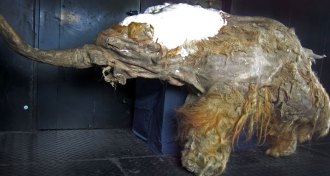 Genetics
GeneticsResurrecting woolly mammoth cells is hard to do
Japanese scientists say some proteins in frozen mammoth cells may still work after 28,000 years. But that activity may be more mouse than mammoth.
-
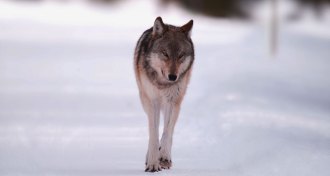 Animals
Animals‘Epic Yellowstone’ captures the thriving ecosystem of the world-famous park
A new documentary series about Yellowstone displays the dynamic, dramatic and exciting ecosystem that thrives within the park’s gates.
By Jeremy Rehm -
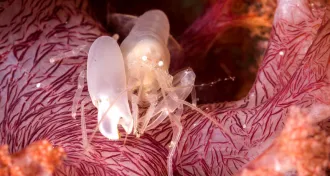 Life
LifeSome shrimp make plasma with their claws. Now a 3-D printed claw can too
Scientists used a replica of a shrimp claw to re-create the extreme pressures and temperatures that the animals produce underwater.
-
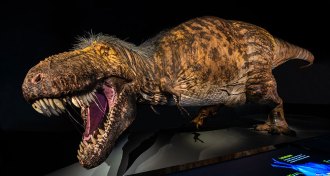 Paleontology
PaleontologyA new T. rex exhibit takes a deep dive into the iconic dinosaur
“T. rex: The Ultimate Predator,” a new exhibit in New York City, draws on the latest science to provide a fresh look at Tyrannosaurus rex and its relatives.
-
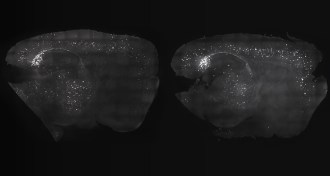 Health & Medicine
Health & MedicineFlickers and buzzes sweep mouse brains of Alzheimer’s plaques
Precisely timed clicking noises can counter signs of Alzheimer’s in the brains of mice and improve memory.
-
 Climate
ClimateWhat happens when the Bering Sea’s ice disappears?
Record-low sea ice in 2018 sent ripples through the Bering Sea’s entire ecosystem. Will this be the region’s new normal?
-
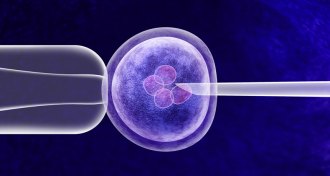 Genetics
GeneticsGeneticists push for a 5-year global ban on gene-edited babies
Prominent scientists are using the word “moratorium” to make it clear that experiments to create babies with altered genes are wrong, for now.
-
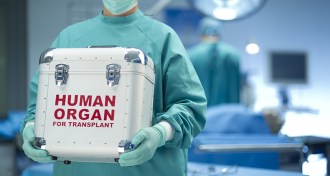 Health & Medicine
Health & Medicine50 years ago, doctors lamented a dearth of organ donors
Fifty years ago, surgeons’ supply of heart donations was woefully low.
-
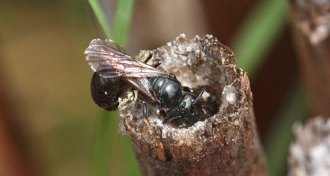 Animals
AnimalsThe first male bees spotted babysitting are mostly stepdads
Some male bees guard young that are likely not their own while mom looks for pollen, a study finds.
By Susan Milius -
 Animals
Animals‘Skeleton Keys’ unlocks the history and mysteries of bones
From fish to dinosaurs to King Richard III, ‘Skeleton Keys’ surveys the scientific and cultural history of bones.
By Sid Perkins -
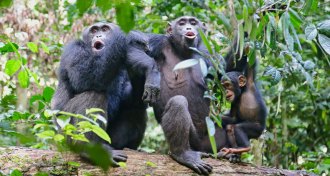 Life
LifeHuman encroachment threatens chimpanzee culture
Human activity is affecting chimps’ behavioral repertoire, a new study suggests. Creating chimp cultural heritage sites might save unique behaviors.
By Sujata Gupta -
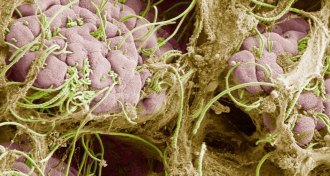 Life
LifeHow helpful gut microbes send signals that they are friends, not foes
Some beneficial gut bacteria use unique form of communication to let immune cells know that they’re friendly.
By Jeremy Rehm